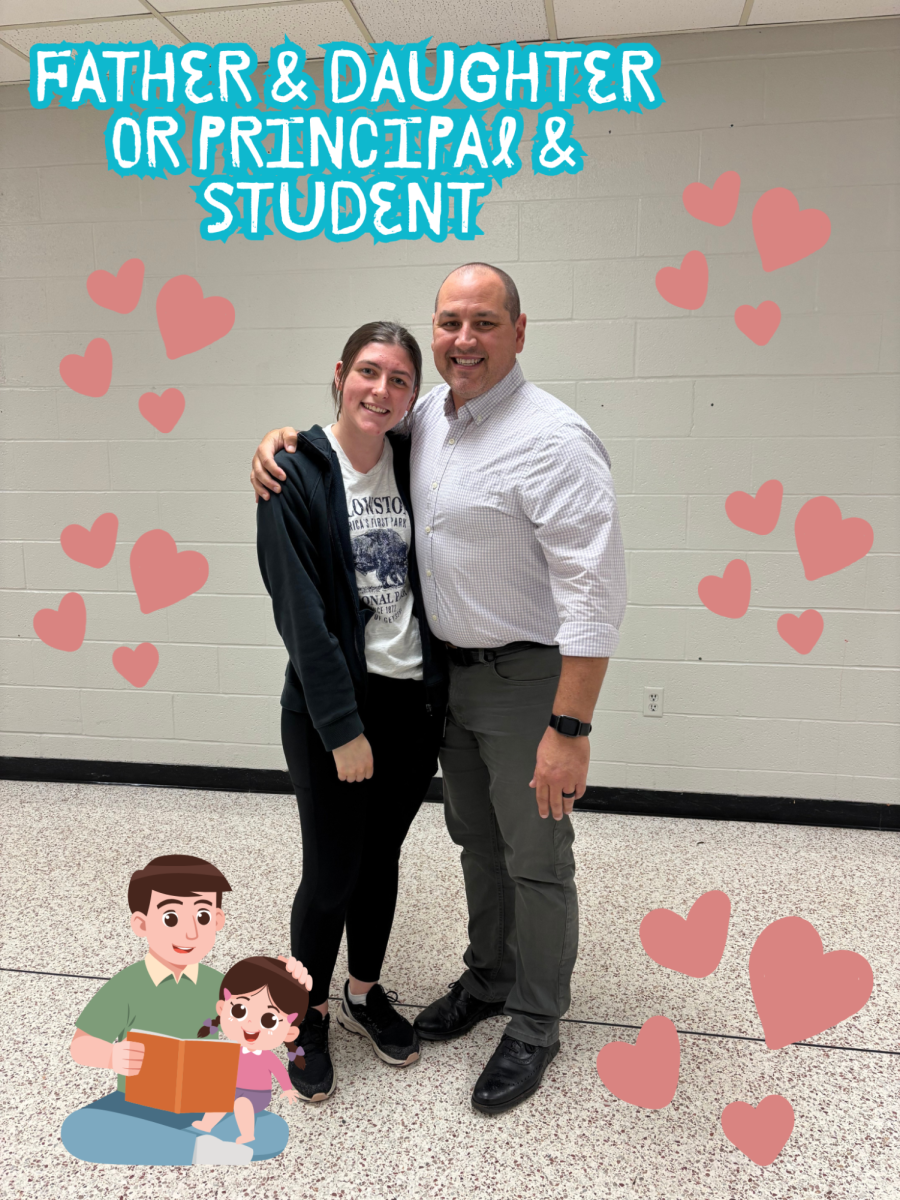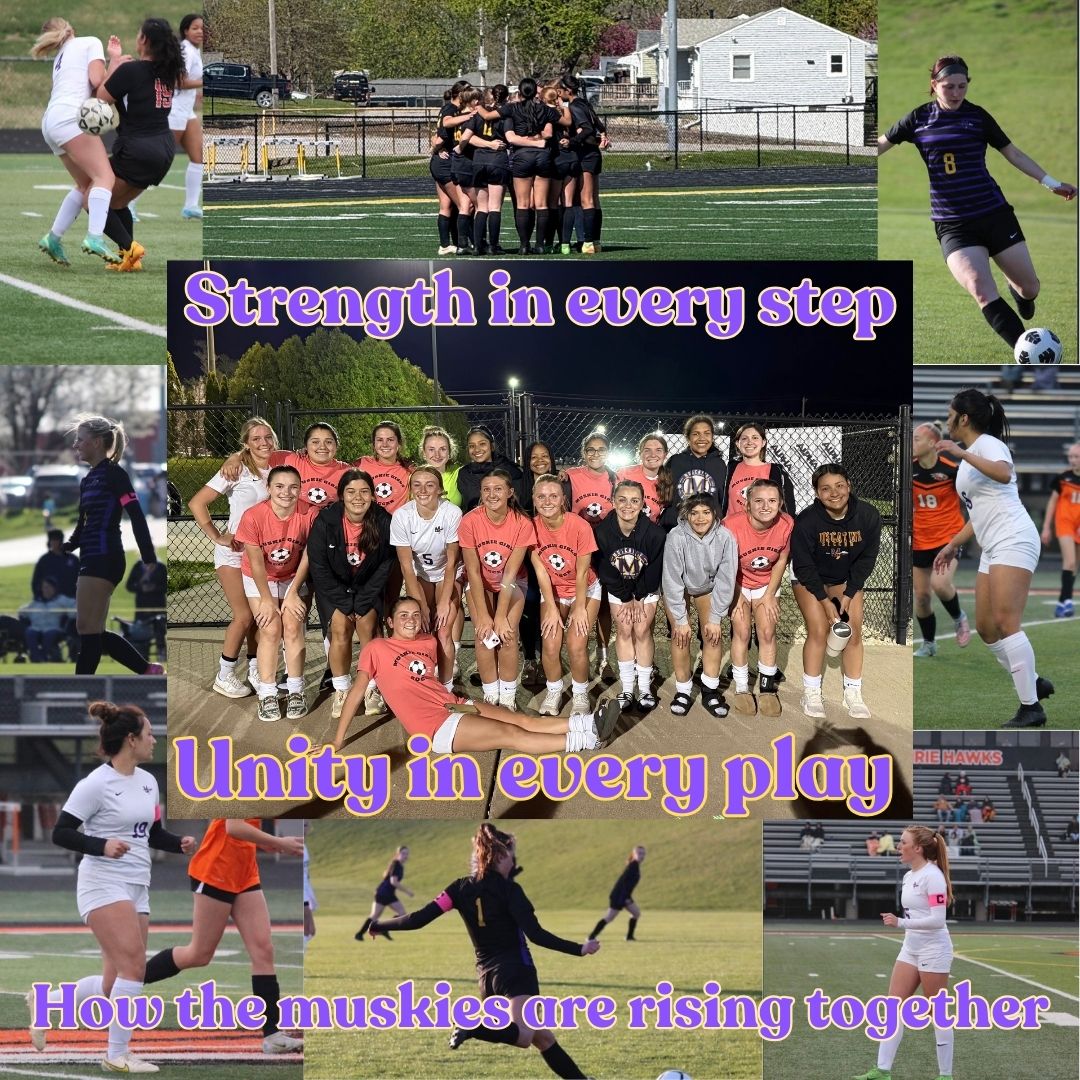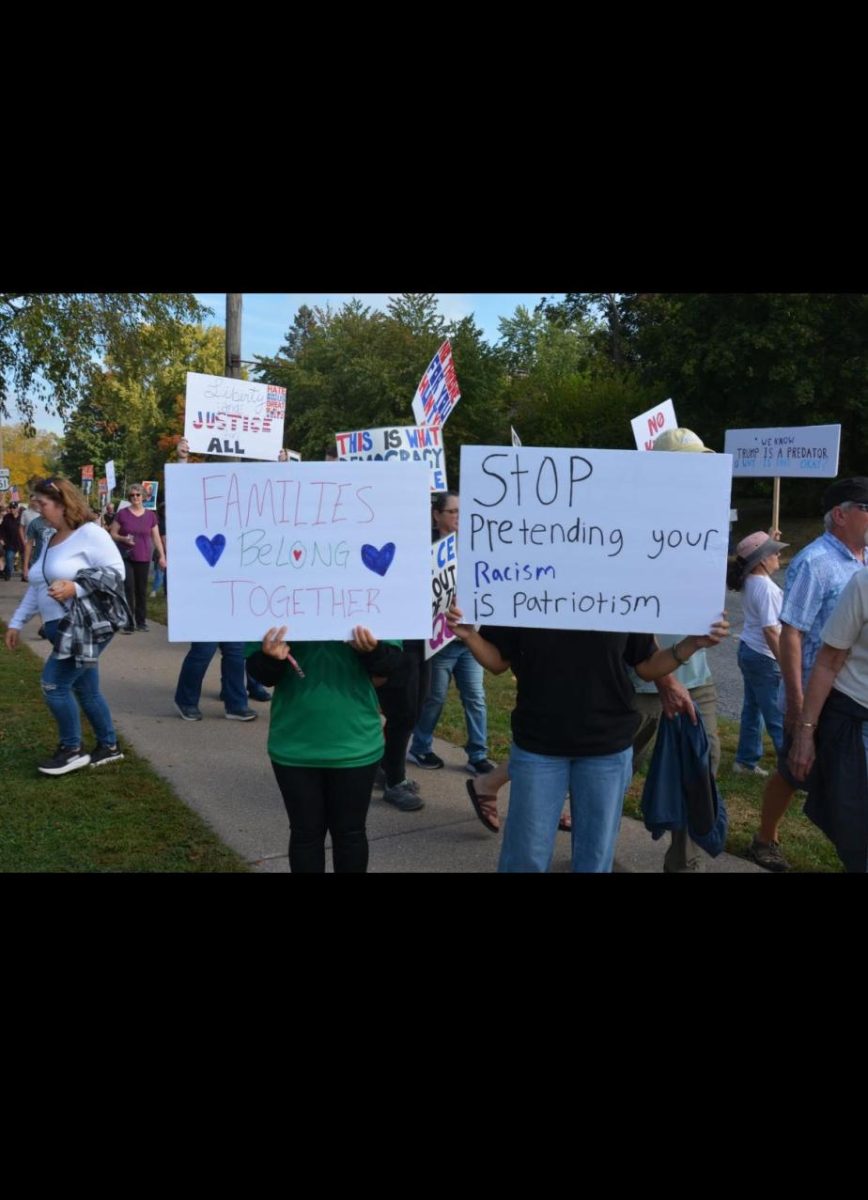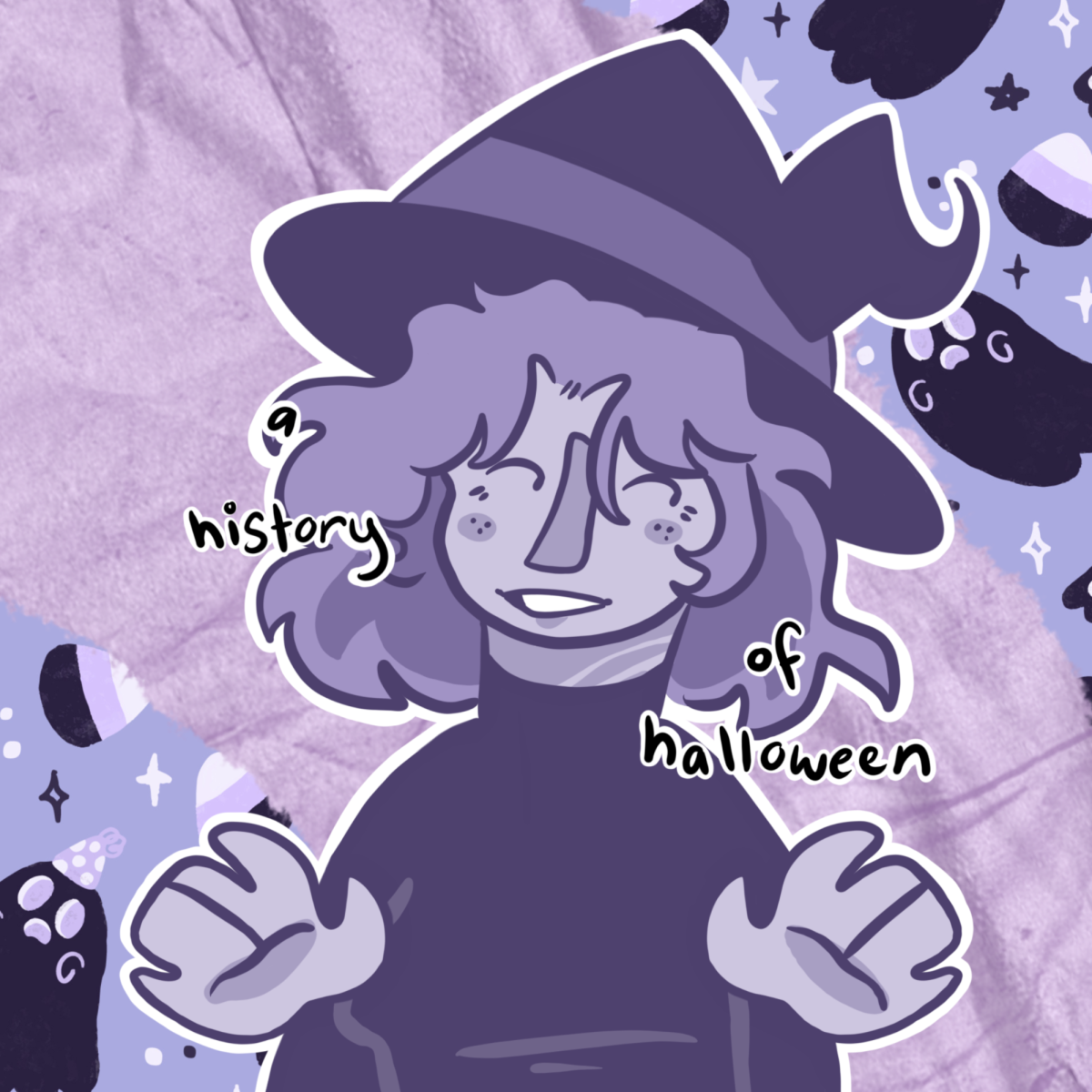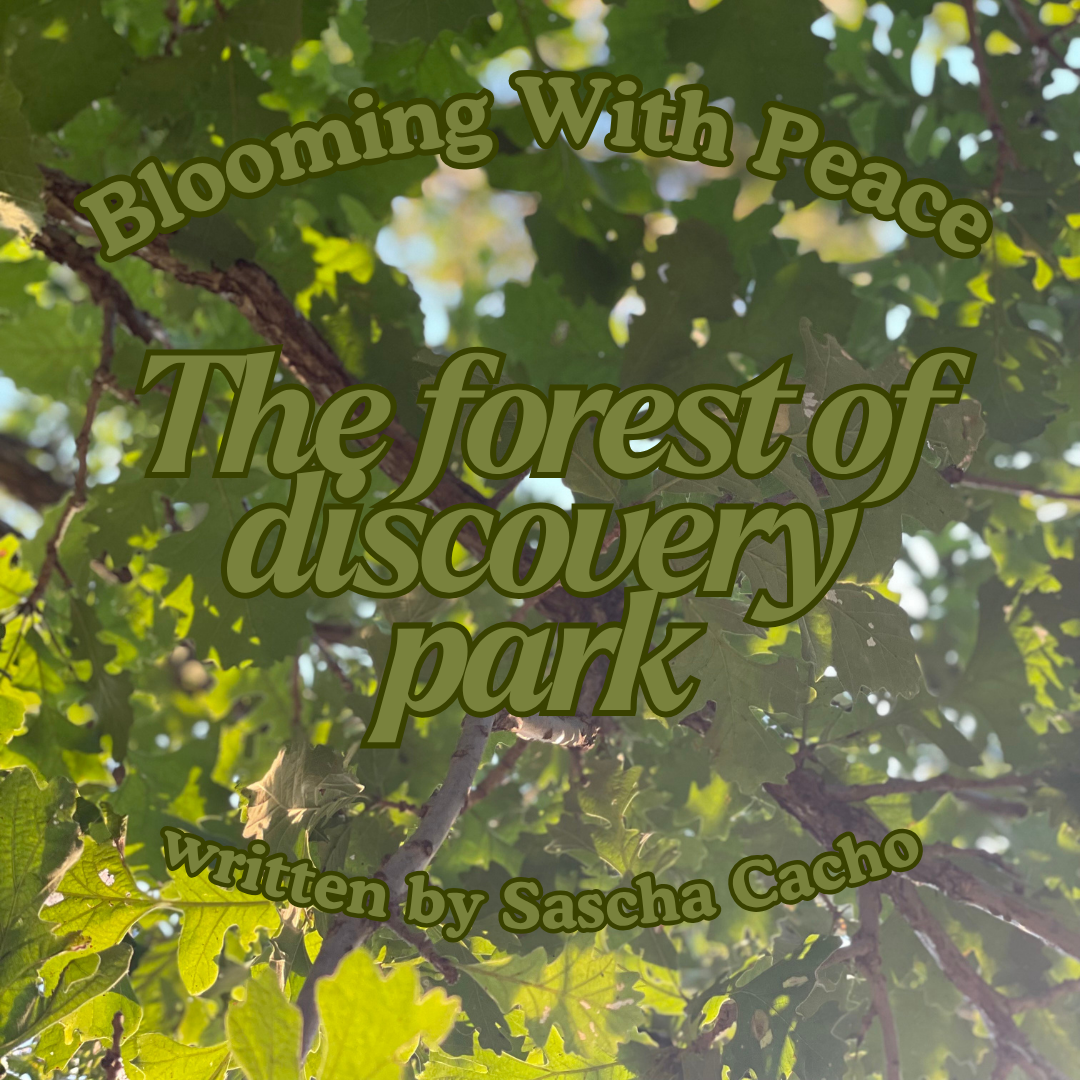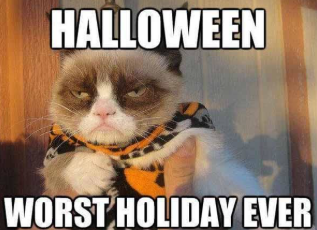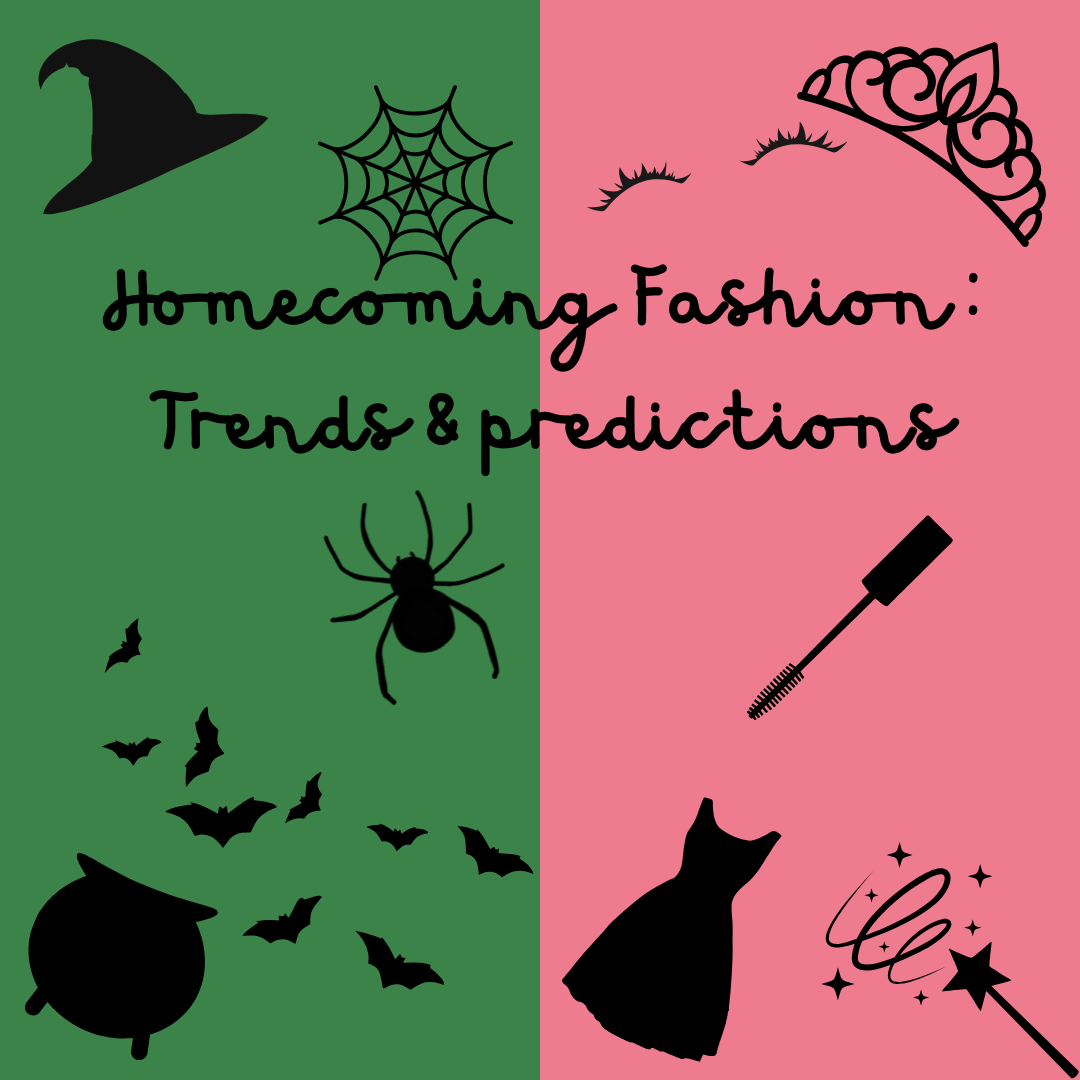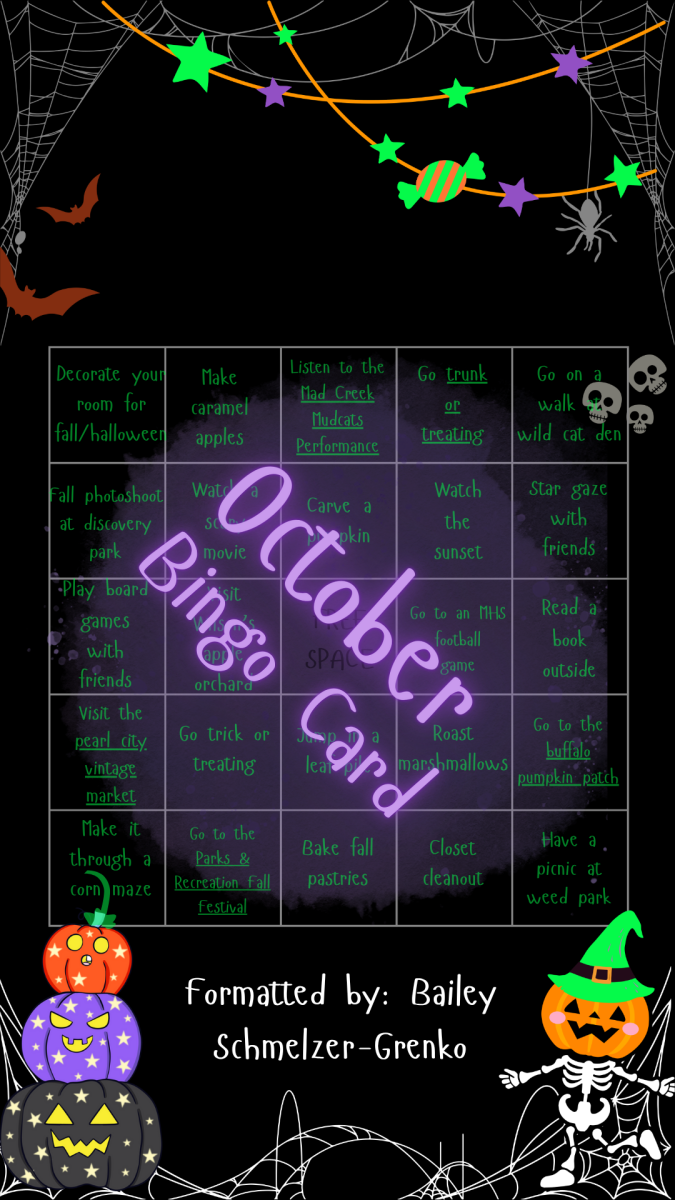Seasonal depression is something many people experience at some point. How does it affect those who have it more severely? How does it impact high schoolers? This topic often comes up around this time of year.
It’s not just the fall season that brings people feeling this way. Junior Zack Einfeldt shared his thoughts regarding these feelings. “It hits me the hardest around summer and spring, specifically when the talk of school comes up; with school comes age, and with age comes responsibility with little to no instructions.”
This point makes sense when you think about how you feel when the topic of school begins after summer break. You get that classic sense of dread.
Conversely, some students really feel this way in the fall. Harini Annadorai from Marquette High School shared, “I do think that during the fall, I like to keep to myself,” and Katie Bauman said, “I definitely see more burnout in late November and early December of the fall semester.”
Many people feel the height of this phenomenon during different times of the year, the most popular being the fall and winter months.
A reason for this is the time change we experience during November as it gets darker quicker and brighter slower.
“While (losing) one hour of sleep may not be the biggest difference, it can lead to short-term depression and poor cognitive functioning,” stated AP Psychology teacher Christopher Farina of Palo Alto High School. Student Coral Johnson shared, “I’ve noticed that as the days start to darken faster, my concept of time changes, I find it harder to do work when it feels like I should be sleeping.”
This is one explanation for the phenomenon we experience that people label as seasonal depression. But there may be other reasons why we get so down during certain times of the month.
When we experience sadness, it can be harder to do things like eat, sleep, and function as a human being.
“Talking to people and opening up, being able to hold in tears in my eyes, or laugh and smile without breaking,” said sophomore Audrey Sawyer.
“Doing anything but bed-rot in the most literal sense, I’m not sleeping in, I’m talking knots in my hair, smelling like onions, and starving myself because I don’t want to get up or do even the smallest thing like stretch,” said Zack Einfeldt.
Seasonal depression is a common phenomenon nowadays. We still don’t exactly know why it occurs so differently from person to person. It is truly a mystery for many why they feel so down during certain times of the month.
We may never truly understand it, but we can always try to help others when they reach this low point. It is not easy to do alone, and having someone who knows how you feel would be better.




